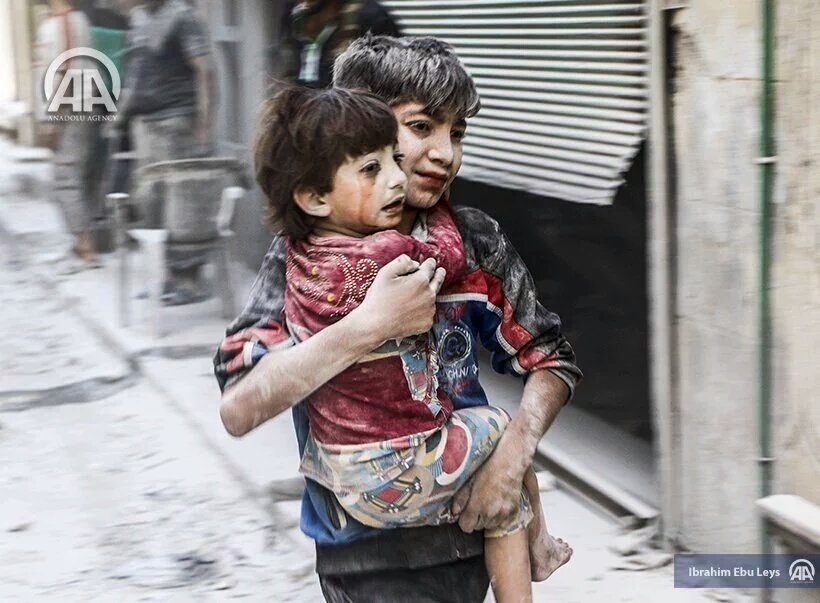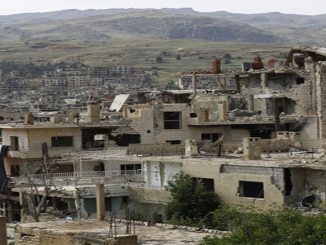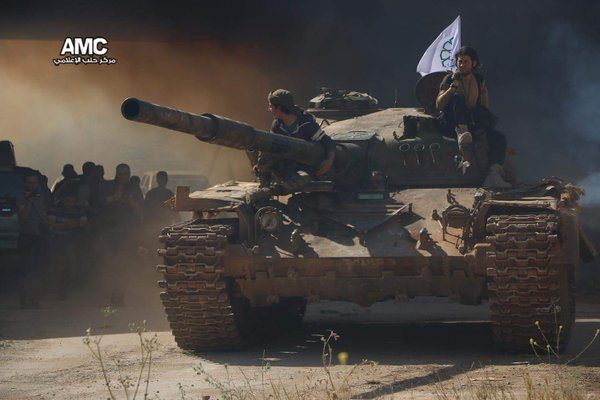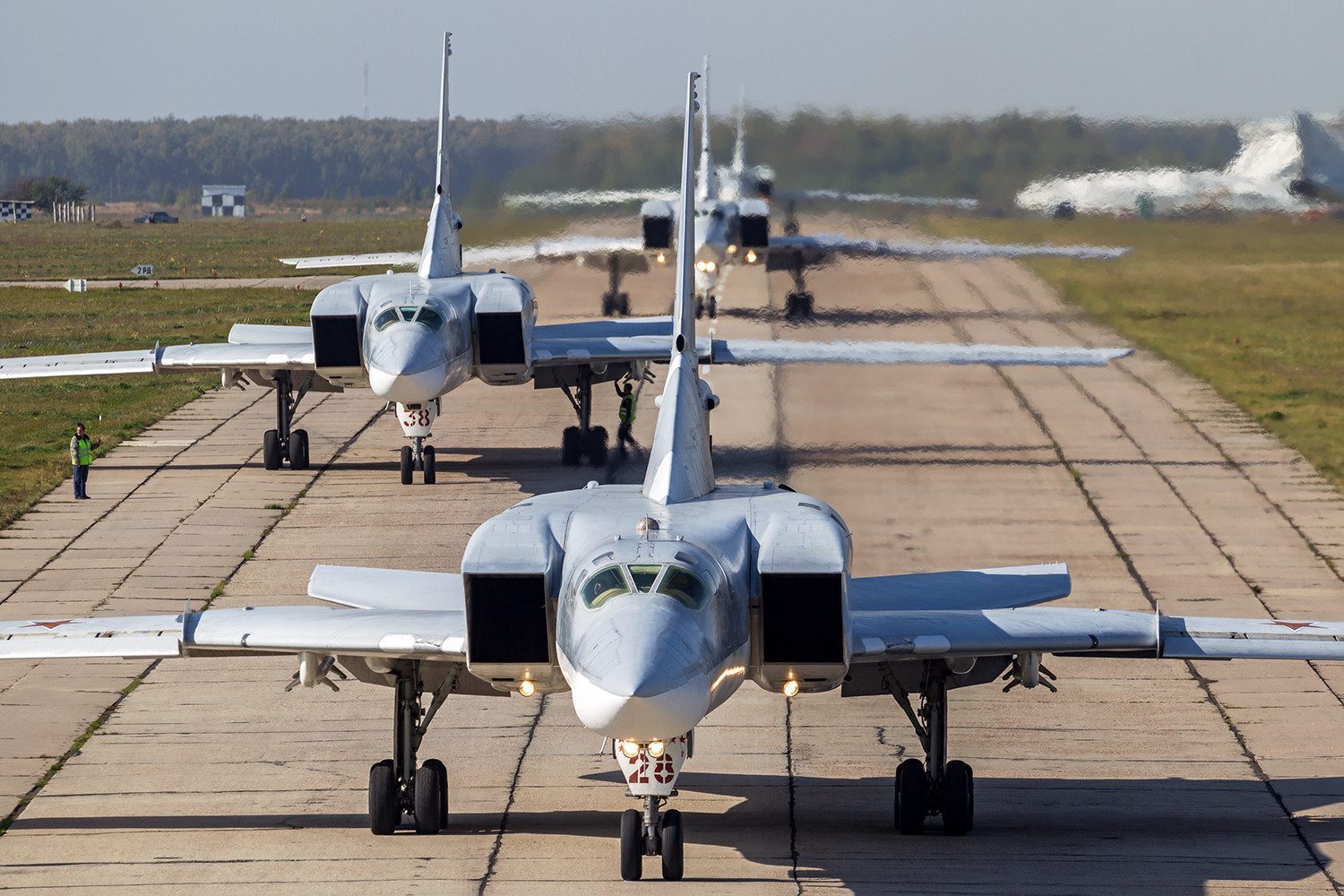
EU foreign ministers in Brussels have decided to impose sanctions on 18 more senior officials in Assad regime, including Syria’s central bank chief and its finance minister from traveling in Europe and freezing their assets in a further step to isolate Bashar al-Assad.
Diplomats said targeting the country’s finance chiefs was aimed at pressuring Assad and limiting the central bank’s ability to obtain financing. The bloc already has a ban on dealings with the central bank, as well as an oil embargo and arms embargo.
The sanctions have been imposed on these persons “for being responsible for the violent repression against the civilian population in Syria, benefiting from or supporting the regime, and/or being associated with such persons,” according to the foreign ministers statement.
In particular, central bank governor Durgham is “responsible for providing economic and financial support to the Syrian regime.”
Hamdan, among those picked in a government reshuffle in July, was put under sanctions along with Syria’s ministers responsible for areas such as electricity, water, industry and information.
The decision brings to more than 230 the number of Syrian individuals hit with travel bans or asset freezes, it said.
Another 69 entities are affected by asset freezes while the EU also has in place other sanctions against Syria as a whole, including arms and oil embargoes plus investment restrictions.
These sanctions came in a critical point of the war in Syria, as the Assad regime has been pressing in a major military offensive to retrieve the rebels’ most precious stronghold in eastern Aleppo.
Since 19 September, more than 800 civilians were killed and more than 2000 injured in rebel-held areas of Aleppo province, including the besieged eastern part of the city, Civil defense workers said.
There are about 275,000 people trapped by the siege of eastern Aleppo, where civilians are suffering through daily bombing, including by bunker-buster and incendiary weapons, and through starvation, as limited supplies run out and aid convoys are blocked from the city.
In the past days, Assad regime called on Aleppo civilians to leave the besieged areas, threatening that there will no mercy for the ones who live “between terrorists.”
Calls for sanctions on Russia too
While the European Union has no military role in the conflict in Syria, it is the biggest aid donor and is facing a migration crisis sparked partly by those fleeing war in the Middle East. The 28-nation bloc accuses Assad of war crimes for the bombing of schools, hospitals and civilians in the country.
The EU leaders also have called for sanction on Russia, which has backed Assad’s offensives against rebel forces and flown many of the missions against Aleppo, were dropped after sharp differences emerged.
After a school bombing in Idlib that Russia was accused of, Britain’s Foreign Secretary vented his anger on Twitter, writing: ‘World will be sickened by Syrian school bombing. 20+ children dead.’
Boris’s statement isn’t the first of its kind. He previously said that Russia should be investigated for war crimes in the Syrian city of Aleppo and risks becoming a pariah nation, and called for demonstrations agianst Russia
French officials also have been grappling for ways to put new pressure on Russia after Moscow vetoed a French-drafted United Nations Security Council resolution on Syria. Idlib
France has previously announced it will ask the international criminal court to investigate possible war crimes committed in Syria’s Aleppo after more than 600 civilians were killed in the Assad-Russian offensive on the besieged city.
The German chancellor Angela Merkel wants to get other European Union member countries to agree to step up sanctions against Russia because of its role in the war in Syria.
Russia launched an air campaign on September 30 last year in support of Syrian government forces, in a military intervention that has been widely credited with helping turn the balance of power in favour of President Bashar al-Assad. Assad regime
Russia said its intervention aims at backing the Syrian government agaisnt ISIS and the other “terrorist groups” and they will not attack civilians.
Since then, at least 9,364 people have been killed in Russian raids, according to the Britain-based Syrian Observatory for Human Rights.
The monitor said the death toll included about 3,800 civilians and 5,500 fighters from the Islamic State (ISIS).
A further 20,000 civilians have been wounded in Russia’s year-long offensive of air strikes.



